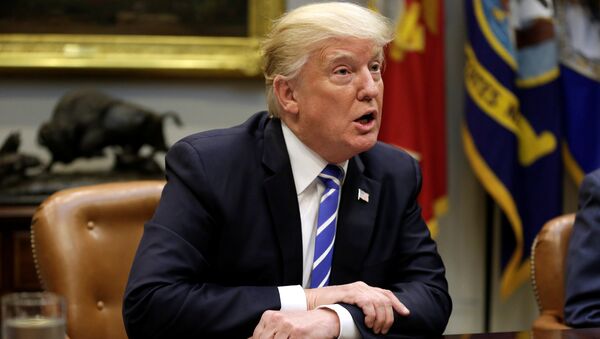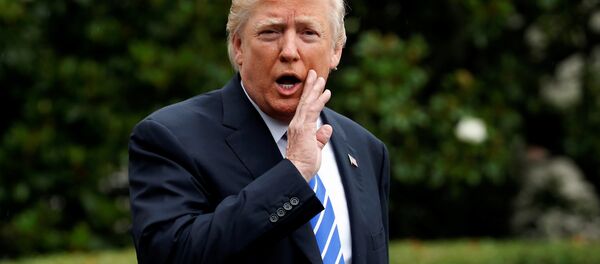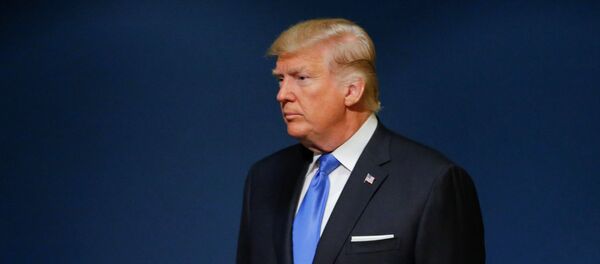One of the top US partners in fighting the terror group Boko Haram in Africa, the government of Chad was added to the US President Donald Trump's travel ban last month because it had run out of specialized passport paper, the Associated Press reported Thursday.
On September 25, the president signed an order restricting entrance to passengers traveling from North Korea, Venezuela and Chad to the US. Michael Shurkin, a political analyst at RAND Corporation, called the inclusion of Chad a "head scratcher," NBC News reported.
The president's decision to place Chad on the list was the result of a recommendation made by Acting Department of Homeland Security Secretary Elaine Duke, the Hill reported. The move, though, baffled Pentagon and State Department officials, according to the Washington insider news outlet.
The Trump administration's "enhanced" screening processes require foreign governments to send samples of the passport paper it uses. Chadian officials had run out of the paper, according to the AP, so the decision was made to send pre-existing passport samples.
"It wasn't enough to persuade Homeland Security to make an exception to requirements the agency has been applying strictly and literally to countries across the globe," the AP reported, citing officials who requested anonymity.
Those officials apparently wanted the public to know there had been major disagreement within the government about putting Chad on the travel ban list.
"Accounting for the foreign policy, national security, and counterterrorism objectives," Trump's original September 24 proclamation says, "I have determined to restrict and limit the entry of nationals of seven countries found to be ‘inadequate' [with respect to US vetting procedures]." These countries were Chad, Iran, Libya, North Korea, Syria, Venezuela and Yemen. Sudan was dropped from the list.
The proclamation continued, "vetting is less reliable when the country from which someone seeks to emigrate exhibits significant gaps in its identity management or information-sharing policies, or presents risks to the national security of the United States."
The DHS shared this approach to explaining travel restrictions on Chadian nationals. "Chad does not adequately share public safety and terrorism-related information," spokesman David Lapan said this week, adding that the US was "eager to see Chad develop more secure travel documents." No word yet on their position on office supply orders.




